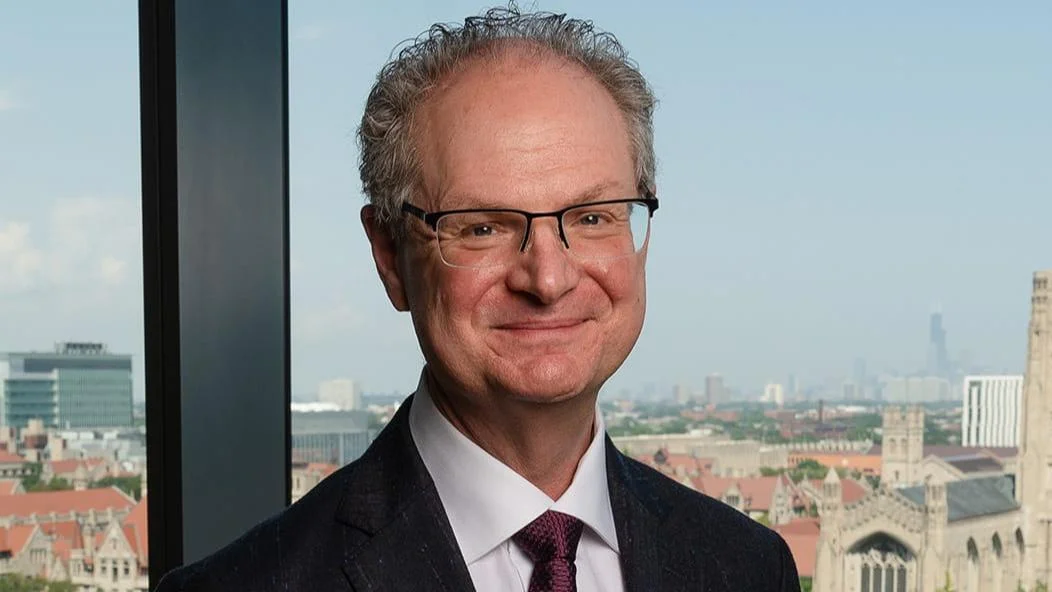This summer, two University of Chicago students spent several weeks in Panama’s Darién Gap, working to improve access to clean water in remote communities. Abbey Figueroa and Nora Molten, both rising third-year students at the College, participated in the project through the Jeff Metcalf Internship Program.
The Darién Gap is a dense rainforest region in Central America known for its rich biodiversity but limited infrastructure. The area lacks roads and is often traversed by migrants moving north toward the United States. Local communities face ongoing challenges related to clean water access.
Figueroa and Molten collaborated with Solea Water, a nonprofit that builds community-led water systems. Their work included conducting field tests on local water sources, installing long-term infrastructure, and drafting user manuals in basic Spanish for eventual translation into indigenous languages.
Their daily routine began in an open-air hut where they slept in hammocks protected by mosquito nets. After breakfast—often hojaldres, a traditional Panamanian fried dough—they traveled by dugout canoe to reach riverside settlements. Some journeys took up to six hours. Afternoons were spent testing water quality and meeting with local families; evenings involved preparing meals or joining community activities.
“We get to engage a lot with the community,” Molten said from Panama. “One day we set up a little activity where all the little girls in the community put on their cultural skirts, gave us our own as well, and they taught us how to do their dances, which was really sweet.”
Both students found out about the internship through UChicago Handshake, an online resource hosted by Career Advancement for job and internship opportunities.
Figueroa studies public policy and global studies with an interest in cultural anthropology; Molten is focused on molecular engineering and carbon capture research. The experience provided them insight into international development issues as they performed daily water quality tests along river communities where clean water is not always available.
“Before the water systems were put in place, most of their drinking water, bathing water and cleaning water all came from the same source,” Molten explained. “It still pretty much does even in the communities that we've been in that have access to clean drinking water. It's pretty sporadic—most of the dishes and the people are washed in the river, which we have been testing for potential contaminants.”
Figueroa noted that even when infrastructure exists, reliable access remains inconsistent: “It's not like the river's right next to their home,” she said. “Sometimes women have to migrate over to the river, take everything and spend a good amount of time doing all the cleaning, washing all the clothes and kids—then imagine if you want to shower.”
She also emphasized how these burdens fall unequally: “It’s hard to open up your free time as a woman, at least if your life is bound to this river,” Figueroa said. “Water has new importance to me in women's rights and liberation. It is essential.”
For both students, fieldwork refined their academic interests while highlighting gaps between policy design and lived experience.
Molten reflected on her laboratory background: “These communities have to want the changes to be made, and so the model that we are working on produces is more of a long-term solution than just giving people water because it's just not feasible,” she said. “In the future I’m going to try and work towards doing more research on intersection between environmental and human health.”
Figueroa added: “There’s a big gap in public policy between those making decisions and people affected by them.” She continued: “This internship has helped me start bridge that divide... I don’t want be someone who writes policy for Latin America without understanding realities of life here... That means listening first—learning how people live what they value what they need.”
Upon returning from Panama at summer’s end, both plan further study related to their experiences—Figueroa through upper-level courses on participatory development; Molten by focusing more closely on public health applications within engineering.
“Going forward I want be part of work that starts with community not policy written from distance,” Figueroa said.“Solea’s approach being invited in building together something I want carry with me wherever go.”
Programs such as Metcalf Internship Program give University of Chicago students opportunities for practical engagement beyond campus.

